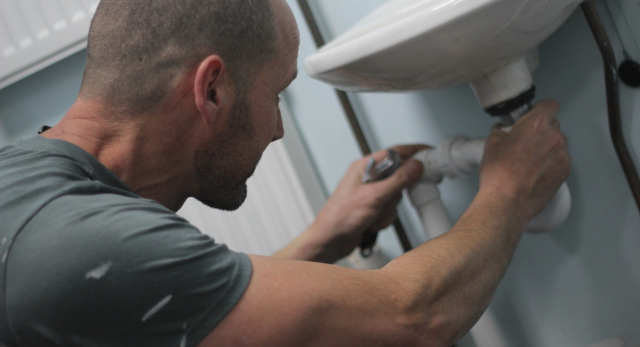Following the publication of the consultation response,
The Renewable Heat Incentive: A Reformed Scheme in March 2016, the government has published
draft legislation containing amendments to the Renewable Heat Incentive (RHI), which will come into effect subject to parliamentary approval.
Construction association BSRIA and the Sustainable Energy Association (SEA) have commented on the amendments, broadly welcoming the changes but expressing uncertainty over the long-term future of the scheme.
What changes have been made?
The new amendments are intended to improve the attractiveness of technologies such as biomass, heat pump and solar powered devices and include:
Electricity metering for heat pumps - this has been introduced to allow consumers to better understand their heating system, both in terms of performance and how it uses electricity.
Consumers will have three metering options to be installed alongside their heat pump system: electricity meters; onboard electricity meters; or Metering & Monitoring Service Package (MMSP), which is also subject to change under the new regulations.
Changes in MMSP - MMSP is the option that will provide the most comprehensive data to the consumer and will also inform future research on the performance of heat pumps and biomass boilers.
Consumers will be financially rewarded for installing and using MMSP, including a single lump sum payment of £805 and MMSP payments of £28.75 per quarter for heat pumps, and a single lump sum payment of £700 and MMSP payments of £25 per quarter for biomass pellet boilers.
Assignment of rights - according to Lesley Rudd, Chief Executive of the SEA, this is a particularly positive introduction to the domestic RHI scheme. It will allow householders to assign their rights to RHI payments to investors who will finance the upfront costs of the renewable heating system.
It is hoped that the introduction will help lower income households that may wish to introduce renewable heating technologies to overcome barriers in obtaining funding.
Ms Rudd commented: “It is still so much easier to install a gas boiler. And there should be focus on minimising the barriers for renewable heating.”
Changes to the degression rules - this budget management mechanism aims to ensure the scheme remains affordable and open to new applicants by lowering tariff rates for new applications when uptake is higher than expected.
The new approach will ensure the growth of a particular technology is always taken into account. Any degression will be announced in BEIS’ quarterly report.
Download this factsheet for more information.
Raising awareness of renewables
Socrates Christidis, Senior Intelligence Analyst at BSRIA, said: “The aim of the RHI is to incentivise the cost-effective generation of renewable heat in order to contribute to meeting carbon budgets and generate renewable energy to help meet the UK’s 2020 renewable energy target. These are crucial strategic and policy issues which BSRIA endorses and works hard to achieve.
“However, the current market for renewable heat is a relatively small chunk of the heating market as a whole and these technologies are largely unable to compete on cost with conventional heating options. As such, it is vital that a platform for raising consumer awareness is created and efforts are made by all those in the supply chain.”
What next for the RHI?
RHI funding is currently guaranteed up to 2021.
The challenge to the heating industry and government now will be to identify a successor to the scheme which will help to support the decarbonisation of heating systems and further incentivise the use of renewables.
Once these latest reforms have been rolled out, they will provide valuable evidence as to how to make any future funding more effective.
Meanwhile, the government’s
Clean Growth Strategy provides a broader picture of how future carbon reduction and energy targets will be met, despite being “a bit thin” in terms of policy detail, according to Lesley Rudd.
What do you think of the changes being made to the RHI? Let us know on Twitter
@Logic4training








